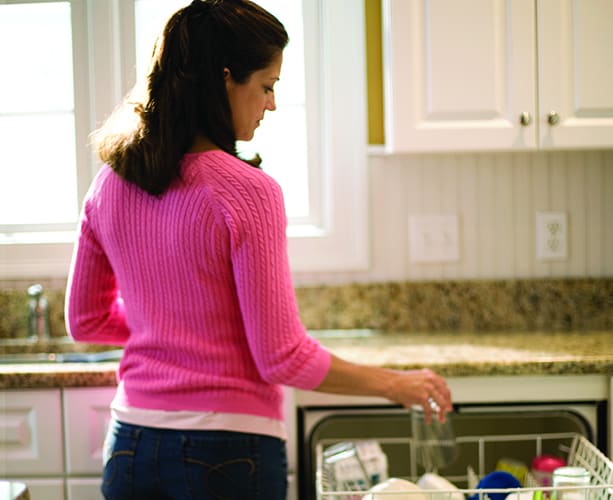Energy-efficiency tips for homeowners are great, but how can renters like me reduce their energy bills?—Chelsea
Whether you’re renting or your budget for improvements is tight, take a look at these low-cost efficiency tips that can help you reduce your energy bills.
Mind the thermostat Carefully manage the temperature in your home. The federal Department of Energy suggests setting the thermostat to 68 degrees on winter days—even lower at night or when no one is home—and you can wear an extra sweater. The same principle works in reverse during summer months.
Go programmable If you don’t always remember to adjust your thermostat manually, you could benefit from a programmable model. In the right situation, set correctly, programmable thermostats can save $150 a year. Before you purchase one, make sure your landlord approves.
Try zone heating If you don’t mind less-used rooms being colder, you might be able to save energy by zone heating. Electric baseboards typically have thermostat settings on the units or in each room. Portable electric space heaters can also be a good tool for zone heating, as long as you reduce the heat to the rest of the home.
Stop air leaks Use weather stripping and caulk to plug small gaps around windows, doors, wiring and plumbing. Again, check with the landlord first, but better yet, convince him or her to do the work. You can also use draft stoppers under exterior doors.
Manage your windows and coverings Medium- or heavy-weight curtains and thermal blinds can help keep warmth inside. Open them up in direct sunlight conditions as a “passive solar” technique—do the opposite in the summer. You can also cover windows with clear plastic to reduce heat loss and air leaks.
Look for energy wasters There are also small steps you can take every day to reduce your energy use. Water heaters should be kept at the warm setting (120 degrees). Wash dishes and clothes on the most economical settings that will do the job and always wash full loads. Use the microwave instead of the oven when possible.

